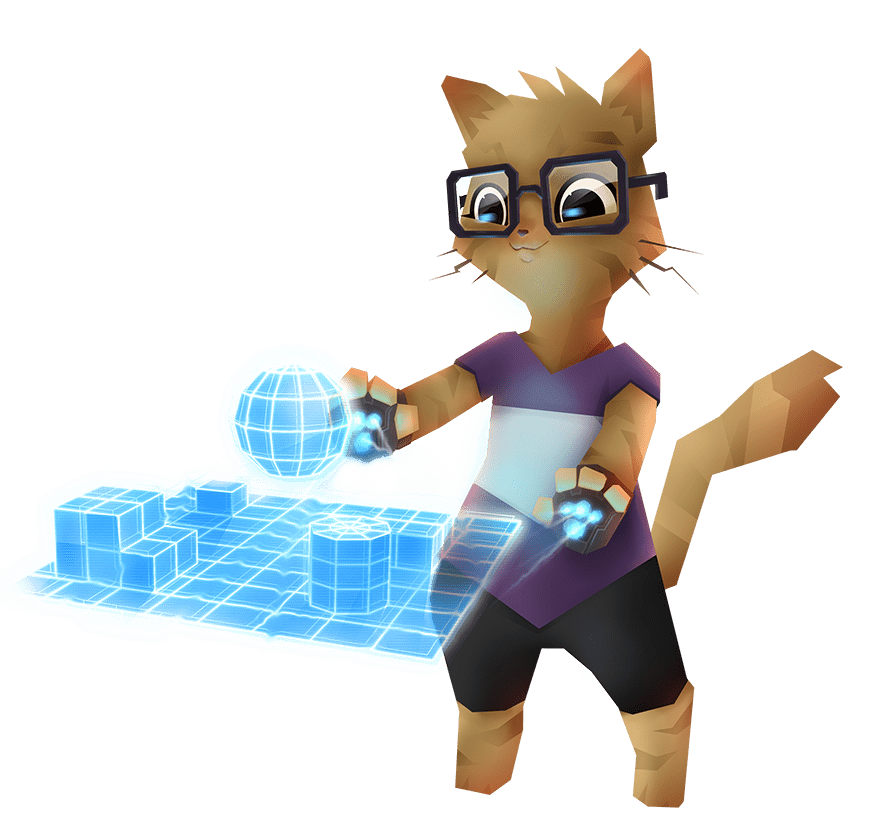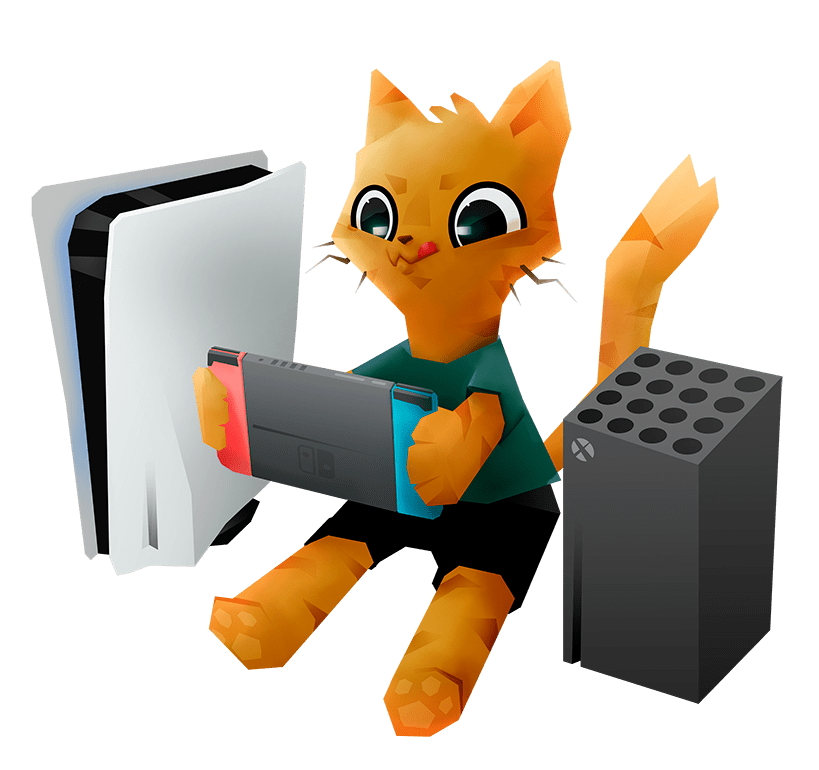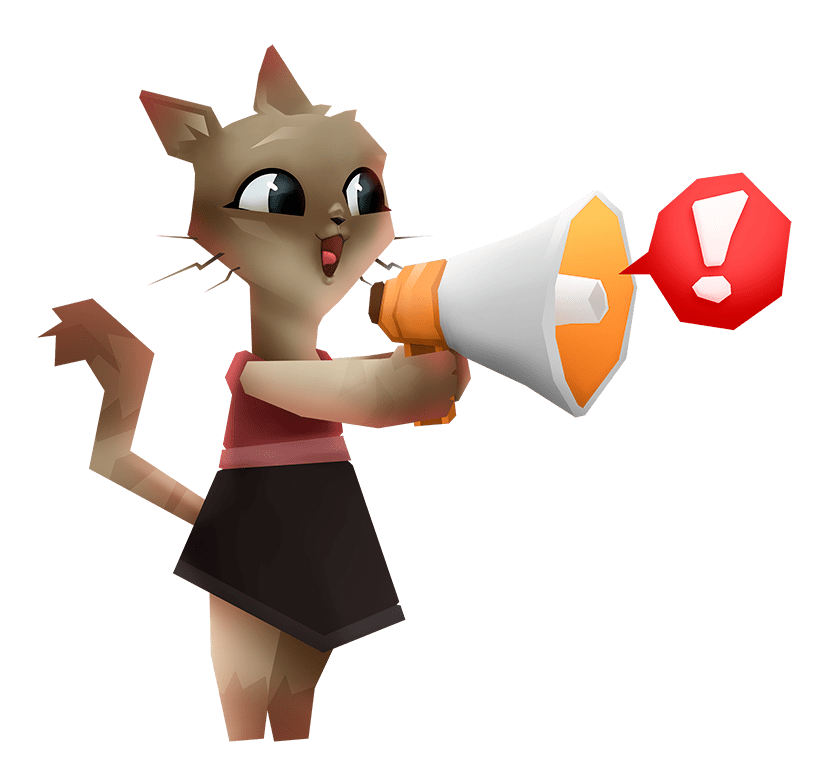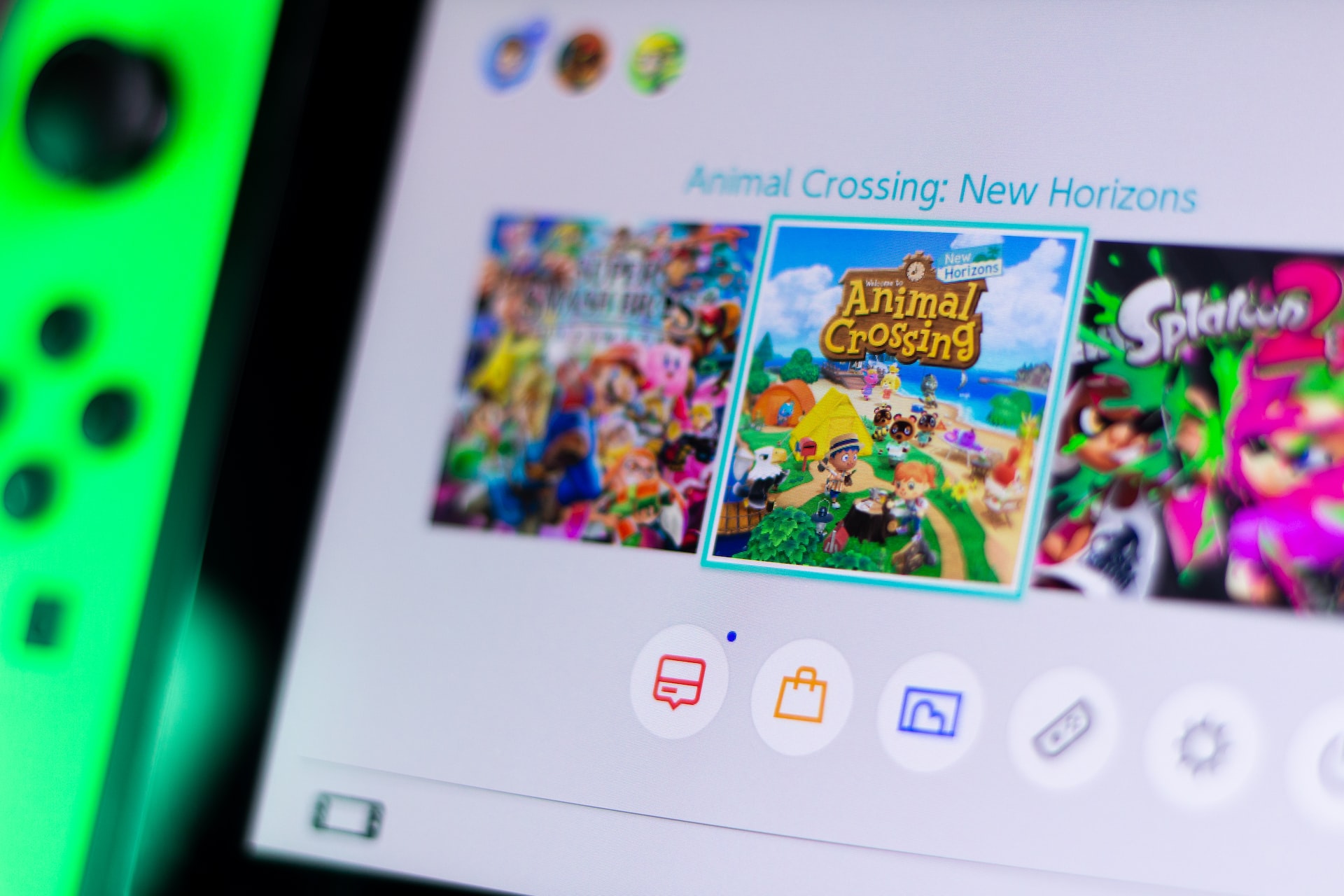Porting is essential for today’s video game industry. Although exclusives are still relevant, multiplatform titles are the most common. Many studios try to ensure their work is available on computers, consoles and mobile phones to reach the widest audience. In addition, it helps to diversify the sources of income and to increase the game’s visibility with its presence on different platforms.
Even so, many developers do not know how the porting process works. Of course, it is much more than copying and pasting a game from one platform to another. Porting requires adapting the source material to the unique characteristics of each hardware. A good adaptation can take several months (sometimes more than a year), depending on the project and the target platforms.
We at Catness Games have been porting to all platforms for almost a decade. We have learned that having the power of a gaming PC is not the same as dealing with the limitations of the Nintendo Switch in favour of portability. That is why we have the knowledge to tell you how video game porting works.
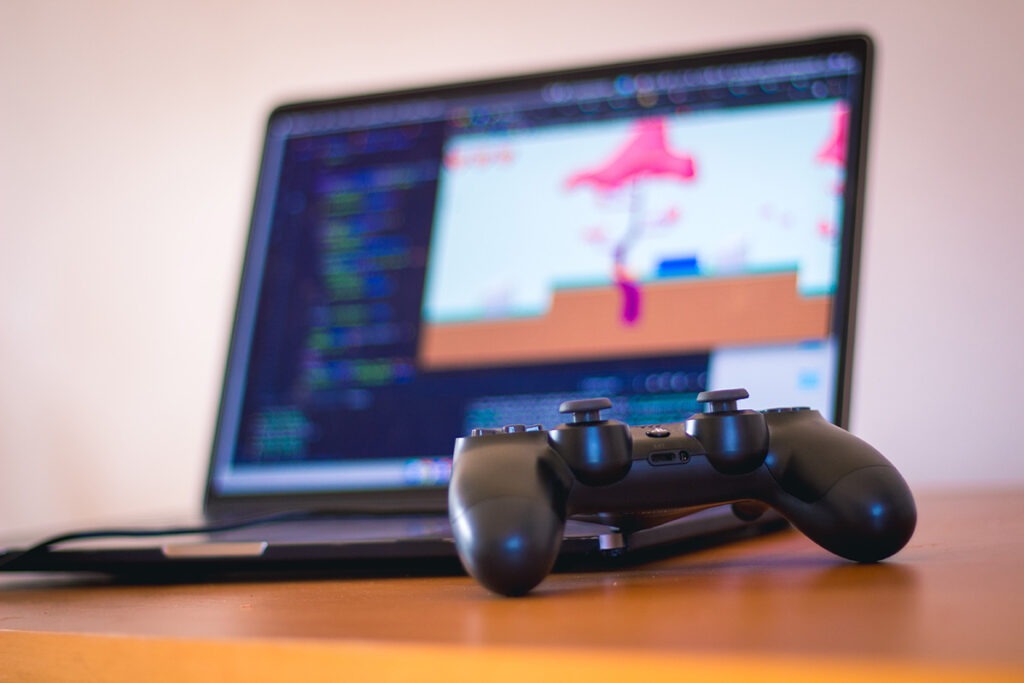
- Project analysis
In order to determine the time and resources each port will require, the first step is an in-depth study of the project. In this phase, we analyze every little detail: the code, the graphic engine used, the assets, etc. This exhaustive review serves to get to know the game as much as its creators. This way, we can determine the complexity of the porting process, anticipate problems and assess the needs of each platform.
- Updating the code
Nowadays is increasingly common to re-release a relatively old game on modern platforms. That happens with most remasters, which are ports with a visual facelift.
The main problem with these projects is how old they are. The graphic engines they were developed on are now out of date. Updating them to the latest versions of Unity or Unreal Engine is a challenge that may require modifying (or even rewriting) some parts of the code.
Luckily, the time between the original release and their respective ports is getting shorter and shorter. The version difference is no longer enormous, and adapting the code is easier. However, that does not avoid the challenges inherent in each platform.

- Improving performance
Imagine a game with a hyper-realistic open world and hundreds of hours of content. It was initially developed for PC and the most powerful consoles on the market, so performance was never an issue. Or it was not until the studio considered that it would be positive to bring the game to Nintendo Switch to increase sales. After all, there are plenty of reasons to port your game to Switch.
Welcome to hell. Your game requires 8 GB of RAM, and the Switch barely has 4 GB (only 3 GB is actually available). No matter how beautiful its graphics are, nobody likes to play at 2 FPS. That’s where the porting process comes in. It is possible to balance graphic quality and performance by adjusting the textures, the elements on the screen or the drawing distance.
Beyond rough power, there are other technical aspects to take into account. For example, newer consoles have a CPU with multiple cores that you should keep active all the time for optimal performance. Questions like this show how important the initial analysis is to identify and solve the inherent challenges of each platform.
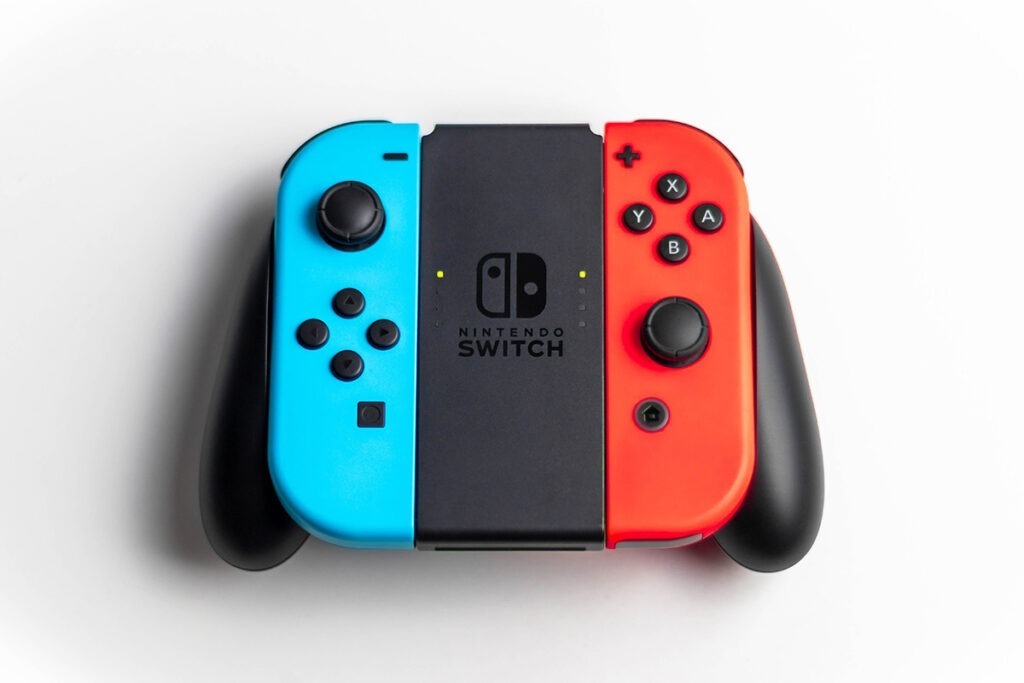
- Testing the results
During and after the porting process, testing the changes is mandatory. Simply applying tweaks to improve performance or tailor controls is not enough. All these modifications can lead to unique errors on each hardware. A great port always ends with a proper QA process to certify that everything works the same or better than in the original version. Why would you announce your game’s release on a new platform if that version barely works? Porting is important, but not at any price.
- Outsourcing is winning
Whether you lack the necessary dev kits for any given platform or do not have experience in porting, your best bet is to outsource the process. You will save time, errors and money. Contact us for video game porting with Unreal Engine, and we will bring your project to whichever platform you desire. We can also bear a paw with development, publishing, and even motion capture!
